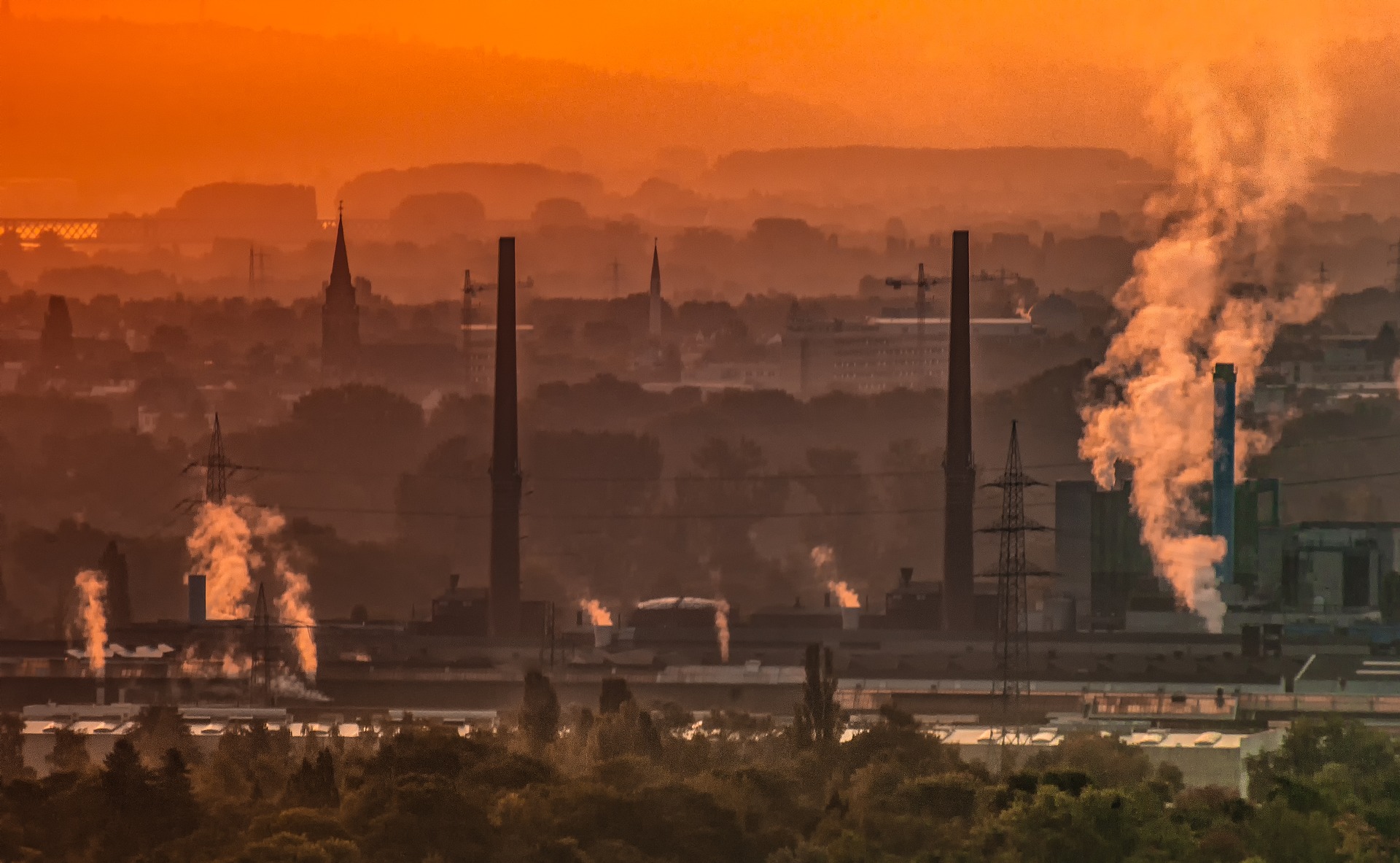PAUL: A Horizon 2020 Green Deal project developing new concepts to observe greenhouse gas emissions of cities

Cities cover only 1 – 3 % of the Earth’s land surface but gather more than 55 % of the world’s population. Consequently, cities are recognized as the most important anthropogenic greenhouse gas emission hotspots of our planet and are today at the heart of emission reduction efforts globally. To assist policy and decision-making efforts towards reaching the Paris Agreement goals of climate-neutrality, efficient monitoring concepts of urban greenhouse gas emissions have to be developed. The Atmospheric Sciences Group of the University of Basel at the Department of Environmental Sciences is part of PAUL (Pilot Application in Urban Landscapes towards integrated city observatories for greenhouse gases), which is a recently EU-funded project that will bring together and evaluate the most innovative measurement and modelling approaches of greenhouse gases emissions in urban areas, to develop useful tools and services for cities to support their climate action plans.
Innovation in greenhouse gas observations
The Project PAUL gathers a consortium of 31 science organizations across Europe, coordinated by the Head Office of the Integrated Carbon Observatory System (ICOS). ICOS Research Infrastructure already provides valuable knowledge on greenhouse gases at continental and national scales in Europe, however, it is currently not designed to provide the detail needed to assess emissions at the much smaller urban scales. Through PAUL, ICOS targets to extend its research infrastructure towards urban areas in order to accomplish a more extensive monitoring network and to provide more information on the processes in cities affecting the global carbon cycle. The project aims to bring together innovative approaches that have been experimentally tested through previous projects around the globe but which have never been combined for a systematic and comprehensive assessment of urban emissions. The major scientific challenges faced by PAUL relate to the design and application of observation systems in the complex and highly heterogeneous urban environment, the assimilation of different observation technologies into one observatory, and to their integration in verifying the modelled emissions.
A co-design framework with cities
A network of 15 cities across Europe is established within the project to assist in the co-design of services, models and observations between city administrators and scientists from multiple disciplines. Within the network, three cities of different size have been selected as pilots, where the different measurement approaches will be applied and evaluated during the project: Paris, Munich and Zürich. The other 12 cities – Basel, Helsinki, Copenhagen, Rotterdam, Antwerp, Krakow, Brno, Heidelberg, Porto, Barcelona, Rome and Athens – will be participating in the PAUL co-design approach to explore the different city needs and combining these with the scientific outcomes, with the prospect of establishing themselves as part of an extended greenhouse gas observatory network in the future. The city network and its experts will allow the project to define and design fit-for-purpose services for cities, helping them to reduce fossil fuel emissions and other climate actions.
Contribution of University of Basel
The Atmospheric Sciences Group of the University of Basel has a long history of research on urban micrometeorology and greenhouse gas emission monitoring. The group operates urban micrometeorological towers since 1992 and has developed methods for gas flux measurements in the urban environment, focussing on the “Eddy Covariance” methodology. This method has been increasingly applied over cities during the last years and today is considered as the only method that can accurately provide direct greenhouse gas emission observations over urban areas. Within PAUL, the Basel Atmospheric Sciences Group will install a new micrometeorological tower in the pilot city of Zurich to evaluate other observation technologies to quantify greenhouse gas emissions. In addition, the group in Basel will lead the in-situ measurements for monitoring the biogenic CO2 fluxes across all three pilot cities Paris, Munich and Zurich, which are an essential part of the puzzle to quantify unambiguously the anthropogenic urban CO2 emissions.
Connecting initiatives across Europe
The project PAUL aims to support the European Green Deal and the Paris Agreement by enhancing Research Infrastructures for greenhouse gas observations. It is designed to meet the goals of the European Union’s Green CO2 Report, which outlines the additional observational needs towards a future Operational Anthropogenic CO₂ Emissions Monitoring & Verification Support (MVS) Capacity. The latter is a joint effort under the European Union’s Earth Observation programme Copernicus, which targets to develop an operational service to monitor greenhouse gas emissions integrating modelling with in-situ and satellite observations. Within this framework, PAUL is closely related to several other ongoing EU projects.
13.07.2021


